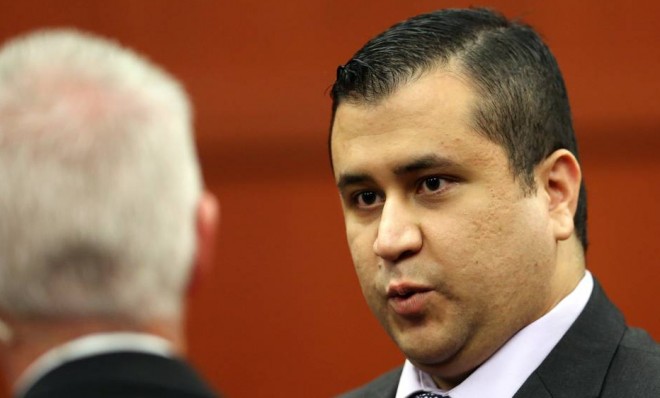The frustrating Zimmerman verdict


A free daily email with the biggest news stories of the day – and the best features from TheWeek.com
You are now subscribed
Your newsletter sign-up was successful
I didn't want to weigh on Trayvon Martin's death even though I grew up in a white gated community very close to Sanford, Florida.
For those who follow the case, it seems that, no matter what you say, who you are determines what you apparently believe. Or, you had to believe something absolutely, from the start, about the case, and carry it through to the end, and its logical conclusion.
From the beginning, I thought that George Zimmerman did it -- that is, he racially profiled a young black kid, got into a fight with him, and shot him when the fight got out of hand. The facts of the case suggested almost the dictionary definition of manslaughter: He illegitimately exercised his legitimate right to self-defense. He provoked a confrontation. He shot a teenager who didn't have a gun and almost certainly had no intention to do anything but walk home. And those skittles -- that's the detail that haunts me.
The Week
Escape your echo chamber. Get the facts behind the news, plus analysis from multiple perspectives.

Sign up for The Week's Free Newsletters
From our morning news briefing to a weekly Good News Newsletter, get the best of The Week delivered directly to your inbox.
From our morning news briefing to a weekly Good News Newsletter, get the best of The Week delivered directly to your inbox.
I didn't listen to the whole case, although I did hear the hours of closing arguments, and the prosecution's case convinced me that Zimmerman did it. That he lost control of a situation he should not have provoked. That he ought to be deprived of his liberty for a long time because of his miscalculation.
I was not convinced that he did it intentionally, or that he decided to do it because Martin was black. I suspect this to be true, but reasonable doubt is a marker in the small area between "he likely did it" and "he definitely did it." And I couldn't say that. The prosecution couldn't prove it.
I also suspect that the initial stupidity by police and the overwhelming and genuine backlash it provoked forced the state of Florida to levy charges they could not prove because they had a social duty to take a strong stand against injustice. Problem is, their overreach seems to have compounded the initial injustice.
Was Justice done? No, of course not. Not in the capital J sense. I want to see the man punished, to see a jury agree with me, and to see a strong message about racial prejudice sent from the courtroom in Sanford.
A free daily email with the biggest news stories of the day – and the best features from TheWeek.com
But little-j justice is not about vengeance. It's not about sending messages. It's about a process that disregards, initially, the horrible act and focuses simply on whether a jury finds that there is sufficient evidence to deprive a man of his liberty. Often the apparatuses of big-J Justice and little-j justice produce the same results. Sometimes they don't.
Marc Ambinder is TheWeek.com's editor-at-large. He is the author, with D.B. Grady, of The Command and Deep State: Inside the Government Secrecy Industry. Marc is also a contributing editor for The Atlantic and GQ. Formerly, he served as White House correspondent for National Journal, chief political consultant for CBS News, and politics editor at The Atlantic. Marc is a 2001 graduate of Harvard. He is married to Michael Park, a corporate strategy consultant, and lives in Los Angeles.
-
 Elon Musk’s pivot from Mars to the moon
Elon Musk’s pivot from Mars to the moonIn the Spotlight SpaceX shifts focus with IPO approaching
-
 ‘Hong Kong is stable because it has been muzzled’
‘Hong Kong is stable because it has been muzzled’Instant Opinion Opinion, comment and editorials of the day
-
 Magazine solutions - February 20, 2026
Magazine solutions - February 20, 2026Puzzle and Quizzes Magazine solutions - February 20, 2026
